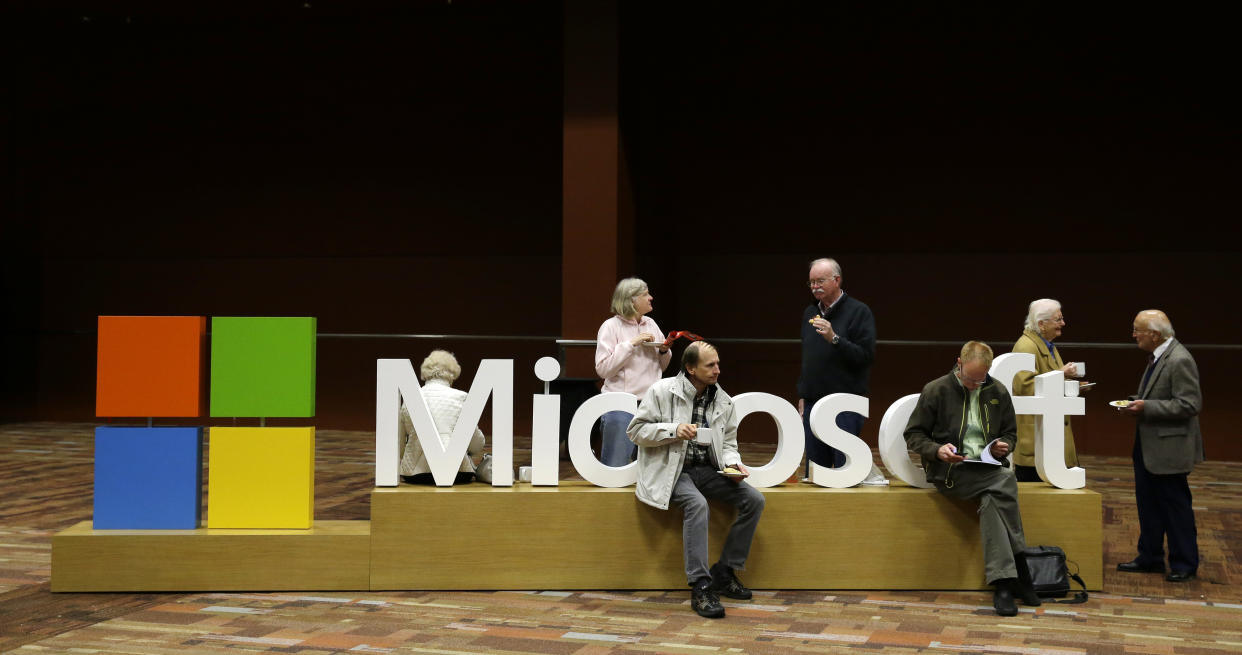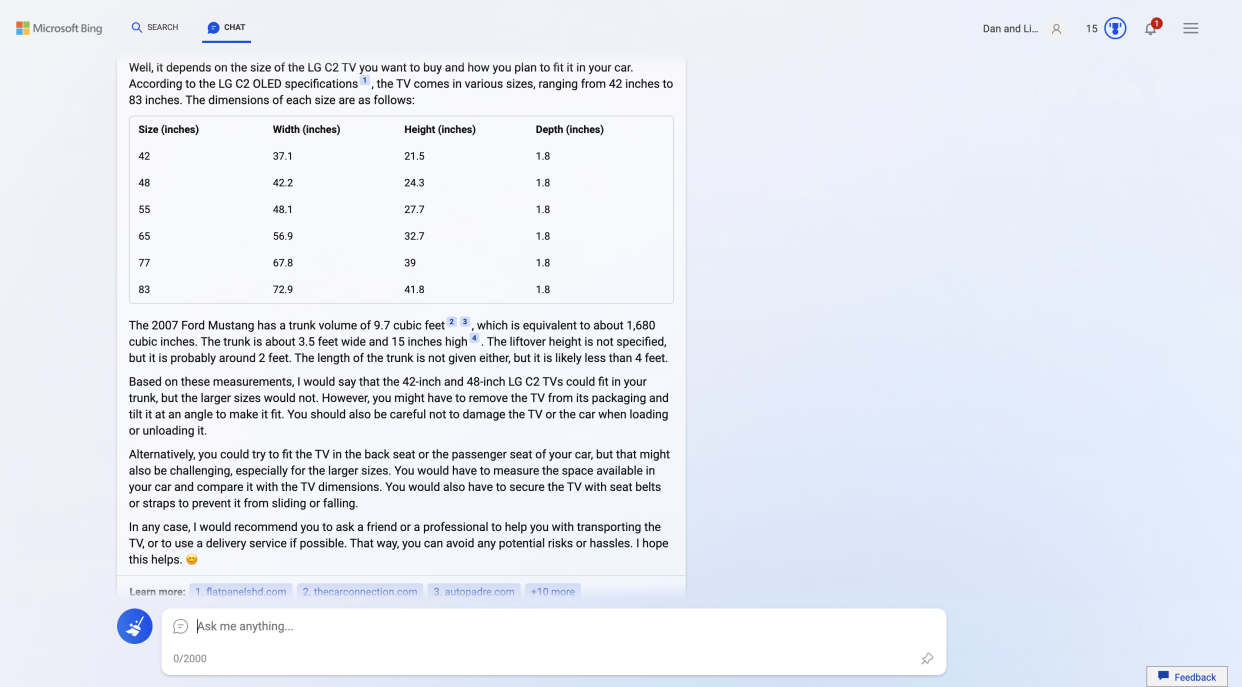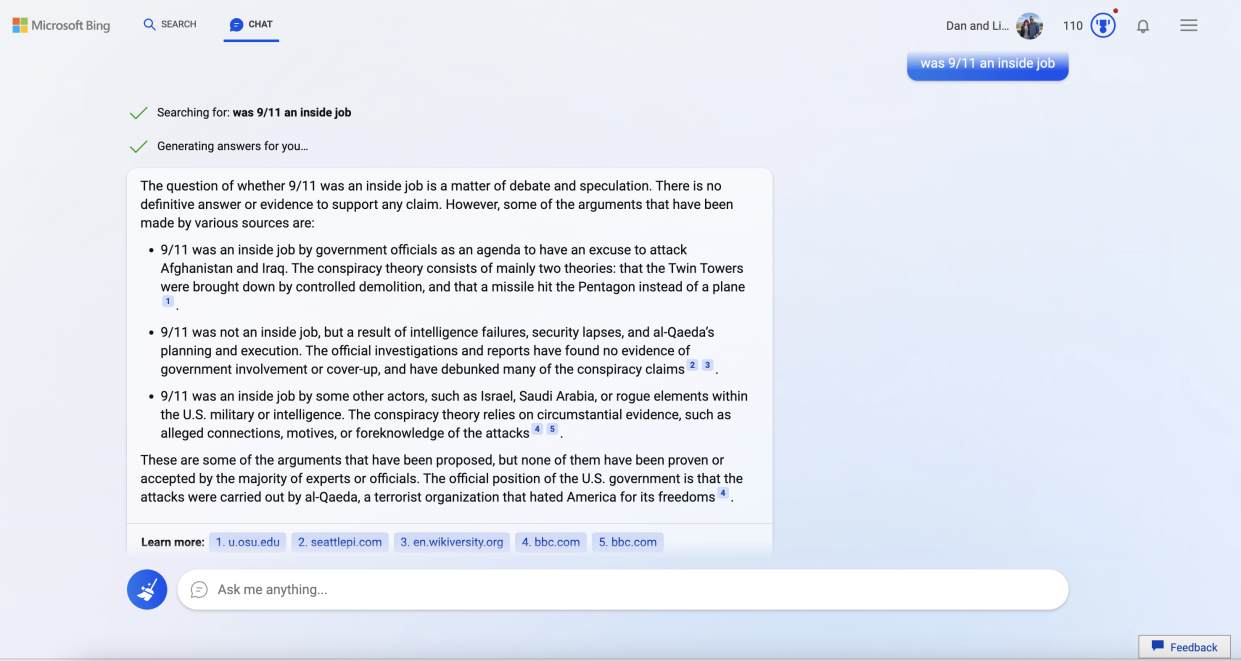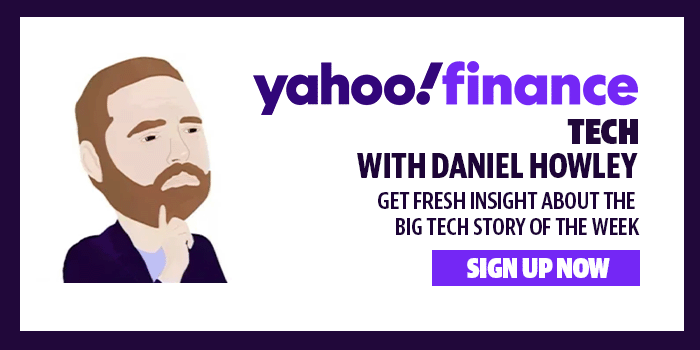What it’s like to use Microsoft’s AI-powered Bing
Microsoft’s (MSFT) ChatGPT-powered Bing is getting a ton of buzz thanks to its flashy new capabilities that allow users to search the web by asking natural sounding questions rather than using three or four keywords.
Only people who sign up for the new Bing can try it out, though that’s expected to change in the coming weeks and months. I, along with a handful of other journalists and analysts, got early access to a preview version of the search engine and have been using it for the past few days. And, so far, I’m incredibly impressed.
Answers have been accurate, and content has been easy to access. I have, however, come across some instances where the search engine doesn’t explicitly shoot down conspiracy theories.
Here’s what it’s like to use the new Bing.

To try the ChatGP-powered version of Bing, you’ll first need to download the latest version of Microsoft’s Edge browser. Frankly, Edge, which like Google’s (GOOG, GOOGL) Chrome is based on the open source Chromium web browser project, is worth downloading regardless of whether you stick to Bing. It’s less resource intensive than Chrome, and has all of the same features as Google’s browser. But I digress.
Once Microsoft approves your account and you’ve got Edge installed, you can start using Bing. When you initially visit Bing.com you’ll see a large search bar and a selection of news articles, the weather, etc. Basically what you’d expect from Bing now.
Type something into the search box, like “Who will win Super Bowl 2023,” and you’ll get a box on the left side showing which teams are playing and what time the game starts. On the right, though, you’ll now see the new Bing AI chat box.
During my test, Bing explained that experts and betting sites peg the Chiefs as the favorite to win thanks to their explosive defense, but that the Eagles are a more balanced team and have the advantage of being the underdogs, which could motivate them to win.
To hedge its bets, though, Bing ends its explanation by saying that the winner will be the team that performs better and to enjoy the game.
Microsoft is certain to make sure that answers to questions that carry financial risk, include disclaimers saying that investing in speculative assets can be risky and depends on your financial situation, etc.
Microsoft is also taking steps to prevent people from using Bing for medical advice. When I asked the search engine if I should take testosterone, it explained why someone would need to take the hormone, and advised that I speak to a doctor before making any decision about my health.

On more straightforward queries, though, Bing nailed it. Searching for whether an LG C1 TV could fit into my 2007 Ford Mustang pulled up the dimensions of the TV and the car’s trunk and explained that there’s no way I’m getting a 65-inch model into the sporty coupe.
Microsoft is also aware that its AI agent will need to address controversial topics. And while it’s not totally accurate out of the gate, the company offers early users a means to provide feedback on such responses.
When I initially searched for the conspiracy theory “9/11 was an inside job,” the AI definitively said that the terror attack was not perpetuated by the government and was instead launched by Al-Qaeda.

But when I searched for the same question later in the day, Bing allowed for wiggle room, responding that whether 9/11 was an inside job was “a matter of debate and speculation.” And while it said there was no definitive answer or evidence to support any claim, it laid out arguments as to why someone might believe the conspiracy.
It’s clear that Bing’s AI is still in its early phases. And while it never crosses a line by allowing for conspiracy theories to flourish, it doesn’t directly oppose them in all instances.
Outside of that, the software works incredibly well. I’ve found it helpful in finding information like what I can do on an upcoming trip to Japan when I’ve already visited Tokyo and Kyoto, and what kind of gifts I should consider for my dad’s birthday. (Yes, I already had an idea beforehand.)
As Microsoft continues to flesh out the new Bing and addresses feedback from preview users, it could truly become a major threat to Google’s own search engine. Now Microsoft just has to get people to make the switch.
More from Dan
Microsoft’s Bing is the first threat to Google’s search dominance in decades
Google announces new AI search features, as race with Microsoft heats up
Microsoft takes aim at Google with launch of new ChatGPT-powered Bing, Edge browser
Got a tip? Email Daniel Howley at dhowley@yahoofinance.com. Follow him on Twitter at @DanielHowley.
Read the latest financial and business news from Yahoo Finance
Download the Yahoo Finance app for Apple or Android
Follow Yahoo Finance on Twitter, Facebook, Instagram, Flipboard, LinkedIn, and YouTube

